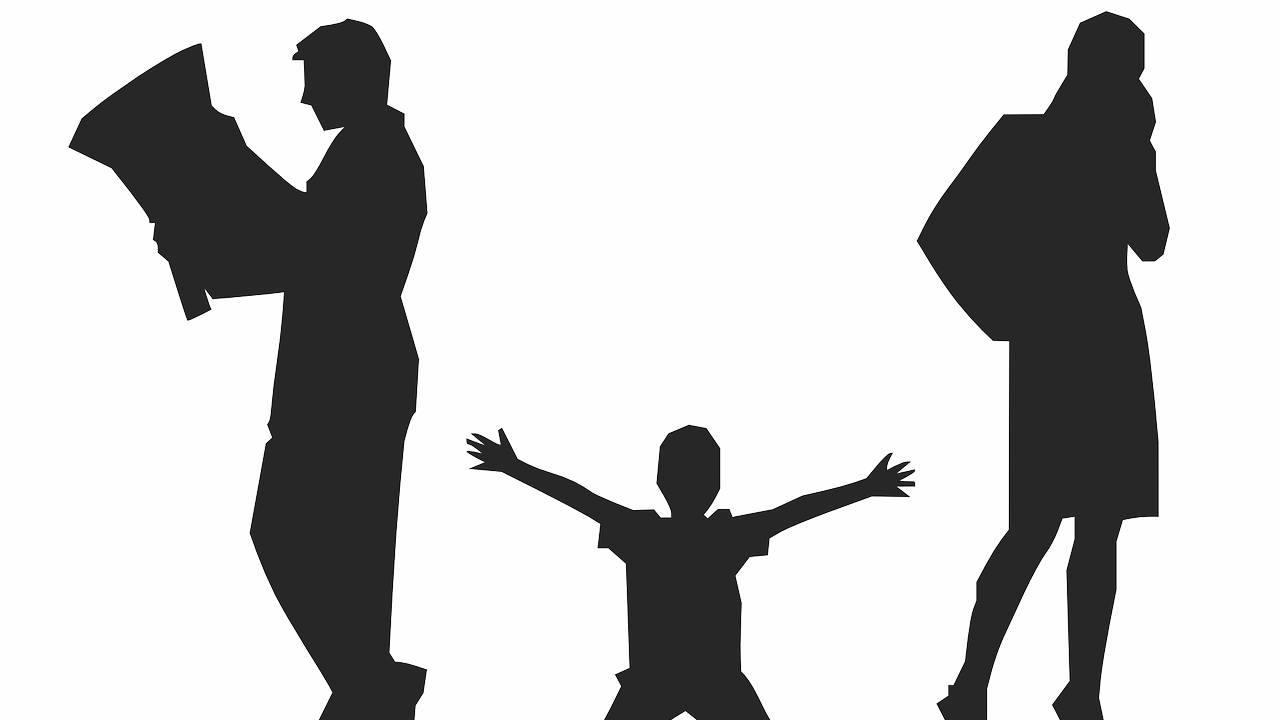
How Divorce Affects Children and the Changes You Need to Make
Aug 16, 2018Children learn many things during a divorce. They are watching you even if they don’t appear to be. What they learn depends on how you navigate divorce.
How Will Divorce Affect Your Children?
Divorce does not determine whether your children will suffer negative long term effects of your family's separation or become more resilient from it.
However, the way in which you interact with your spouse, children, and the world while you are divorcing will affect them.
You have the power to control your children’s experience of divorce.
While divorce is always upsetting and disorienting for children in the short-run, it doesn’t need to leave long-term emotional damage.
You can be an empowering role model, demonstrating through actions rather than words alone on how to:
- Take responsibility for your life and your actions rather than play the blame game or inhabit the role of victim
- Create a positive support team, helping them see that seeking support is an act of strength rather than the domain of the weak
- Research and learn new ways of approaching seemingly insurmountable situations until you find the path to overcome them
- Make a commitment to take care of your physical and emotional health
- How to acknowledge your fear, but continue to live out of faith
- Experience emotions yet make choices that are strategic and logical
- Treat yourself and them with empathy and compassion for the changes you are all experiencing
- Communicate in a way that is strategic, clear, and authentic without hysteria.
You have the power to minimize any long-term emotional impact your divorce will have on your children and maximize their chances to feel loved and cherished as the family learns how to grow from the experience.
If you choose to utilize this divorce to expand your emotional intelligence and develop greater personal resilience, your children will learn from example. They will expand their emotional intelligence and resilience too.
Your children do not need to be victims of divorce.
There is an excellent TEDx talk by Tamara D. Afifi, Professor of Communications at the University of Ohio that highlights the influence a divorcing parent has on how divorce will affect their children.
During her talk, "The Impact of Divorce on Children", Dr. Afifi highlights the following:
- the impact that divorce has on children depends on a host of complex situations and circumstances
- children whose parents have a tendency to argue are impacted negatively regardless of if their parents are married or divorced.
- parental fights affect their children's' physiology
- when parents have good communication skills during conflict, children's physiology is less impacted and they bounce back quicker
- children whose parents spring divorce on them have a more difficult time emotionally
- when children feel torn between their divorcing parents, the psychological impact of divorce is considerably more damaging
There are changes that you can make in how you divorce that maximize your children’s emotional intelligence and resiliency and minimize long-term psychological damage.
These changes include:
- Putting your resentment and hurt aside to create a strategy between you and your spouse on how to communicate your divorce to your children
- Communicating about your divorce with your children when they are at the emotionally appropriate age
- Creating guidelines for co-parenting together
- Refusing to engage in verbal attacks with your spouse
Robert F. Emery, PhD, author of The Truth About Children and Divorce, a superb resource for divorcing parents, puts children's well-being front and center by reminding divorcing parents of the following:
All that keeps you and your ex involved now is your joint enterprise: your children. They are your 'business,' and you two are 'business partners.' Accordingly, your relationship should be businesslike, which means cooperative, formal, polite, structured, limited, and somewhat impersonal, or at least a lot less personal than it once was. (p. 51)
However unhappy you are with who your spouse turned out to be and how he/she treated you during your marriage, if you have children together it is time to redefine your relationship from spouse to co-parent.
Begin to learn how to effectively and responsibly manage YOUR emotions, and observe and respond to changes in your children's behaviors with compassion.
Your children may not be able to communicate how divorce is impacting them with words yet with awareness you will be able to detect how they are being impacted through their behavior.
Your children are not the cause of your divorce and it is unnecessary for them to be victims of if.
Love your children and yourself by learning to put their well-being over your understandable pain, anger, and resentment.
Search out and utilize articles, books, videos, supportive and emotionally healthy friends and family, and your divorce coach to discover ways to learn from and discharge your emotions in ways that make your life easier rather than adding to your suffering.
If you are not already utilizing the services of a divorce coach look into hiring one. An investment in divorce coaching can save you many times over what you speak with your coach in legal fees.
We are here to support you in finding and following a healthy, life-affirming path through and beyond divorce for yourself and your children.
Sign up for a free trial month on our Divorce Support Platform where you will find psychologists and parenting experts discussing how to navigate child custody, sharing a Child’s Bill of Rights and tips on co-parenting post-divorce.
Feeling stuck or overwhelmed?
Let’s dive into your unique challenges and create a personalized plan to help you move forward.
This FREE rapid relief call call is your chance to experience the powerful transformation coaching can bring to your life and future!

